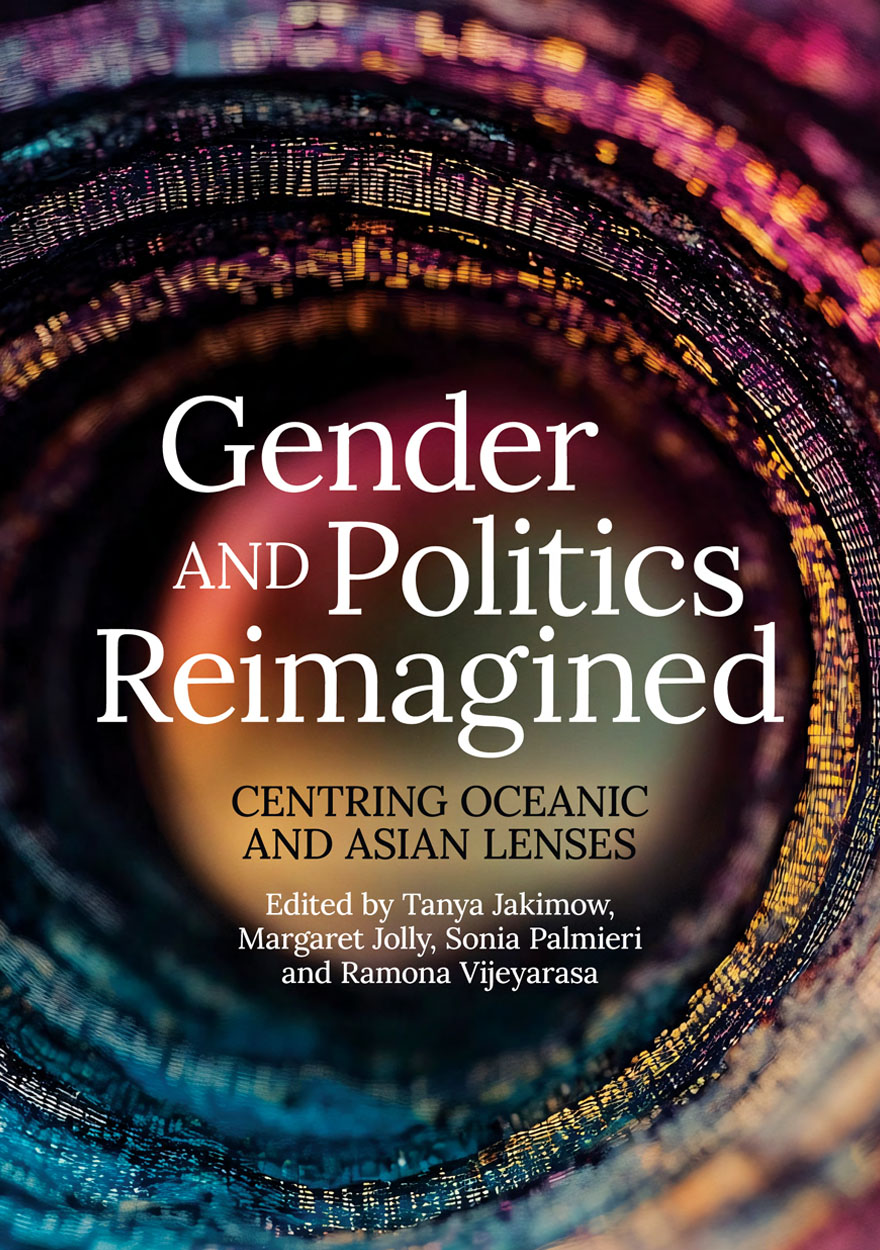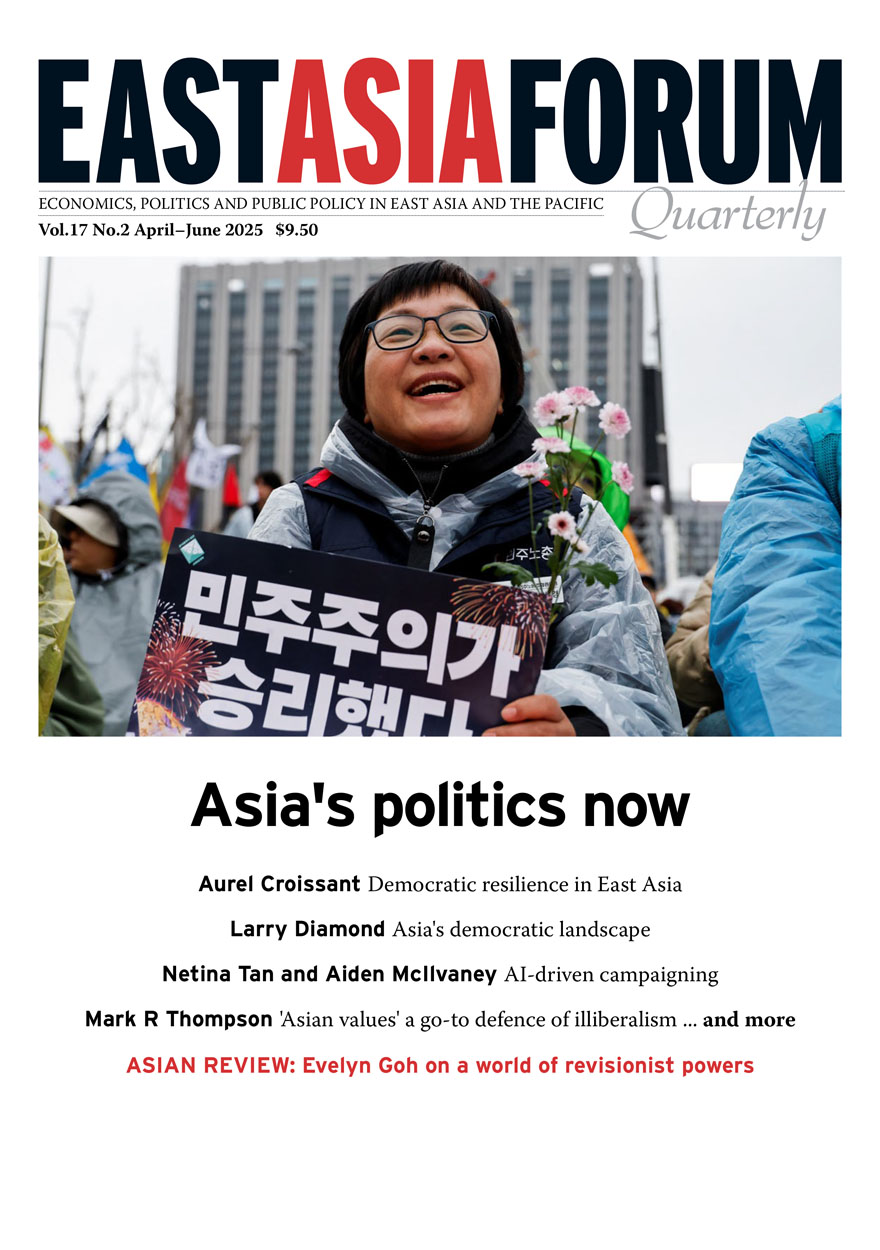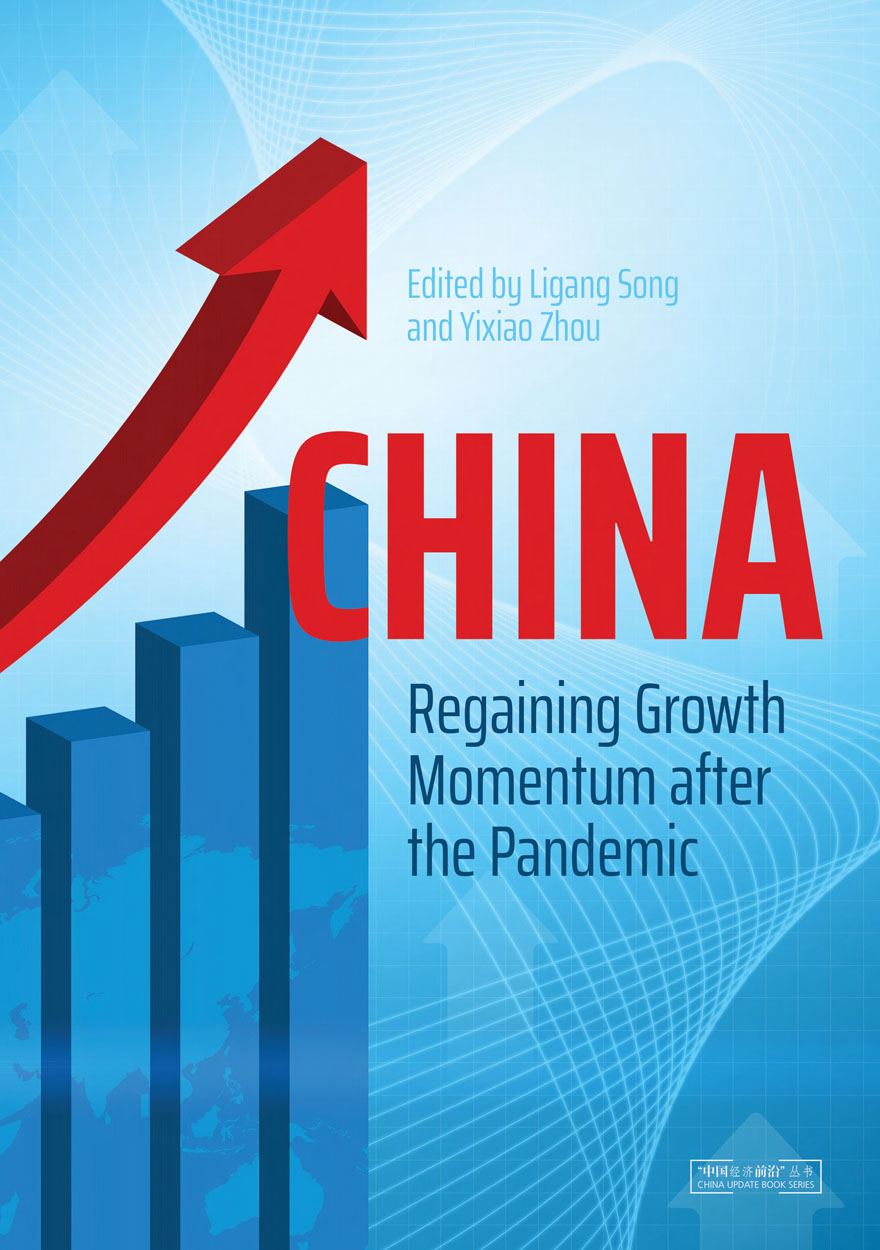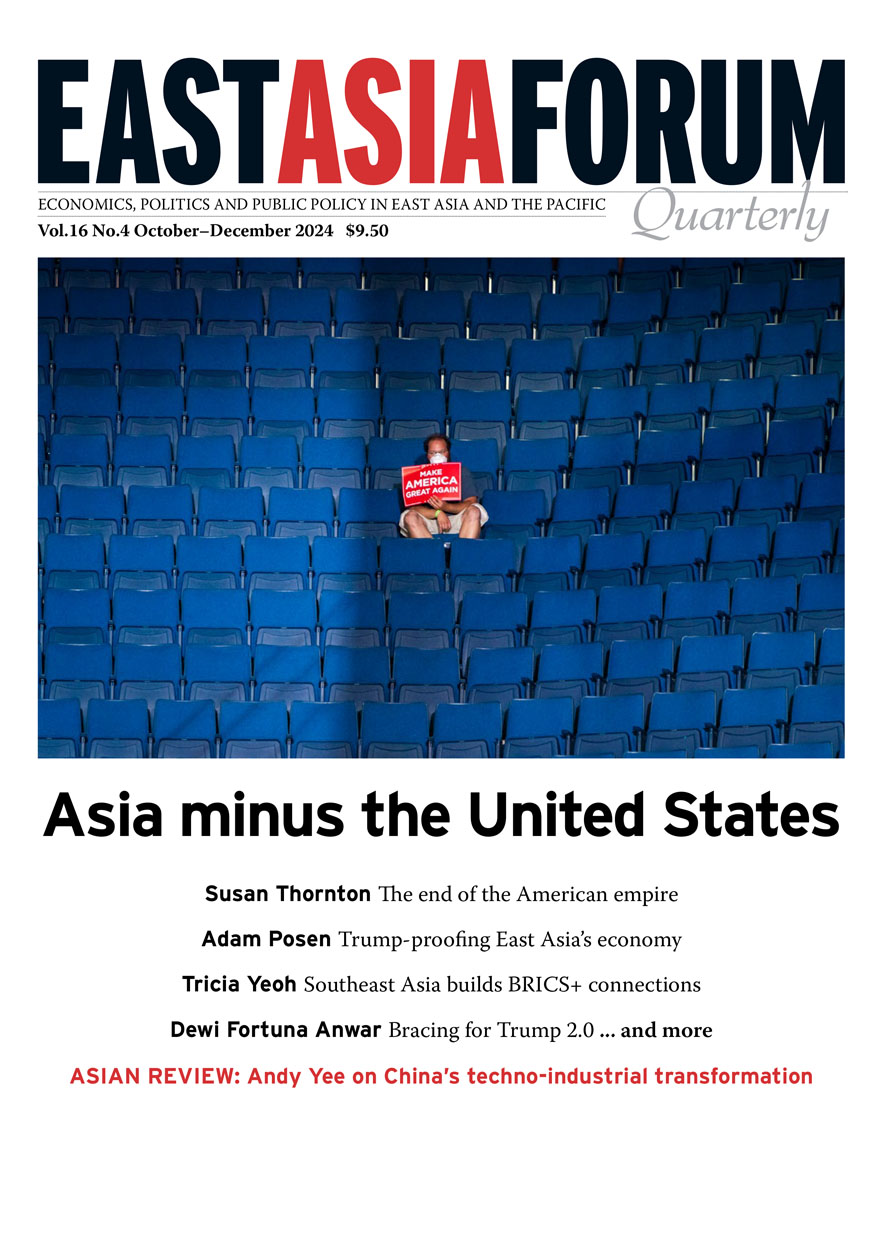Search titles
Displaying results 1 to 10 of 379.

The Great Energy Transformation in China »
Edited by: Ligang Song, Yixiao Zhou
Publication date: 2025
In 2020, China started the drive to commence a reduction in carbon emissions by 2030 and reach carbon neutrality by 2060, setting in motion a transition to a green, sustainable and clean economy. China has ambitiously developed clean energy alternatives to coal. This transformation encompasses multifaceted strategies ranging from investment in renewable energy and the development of low-emission technologies to more stringent policy regulations on emissions. Renewable energy sources like hydroelectric power, wind, solar and biomass have received substantial attention and investment, with China emerging as a global leader in renewable energy capacity.
In the technology space, China’s transitioning to electric vehicles (EVs) has catalysed the development of a robust EV market, fostering innovation in battery technology and charging infrastructure. China has now become the largest exporter of EVs in the world market. These developments have the potential to materially help curb the world’s carbon footprint and mitigate environmental degradation.
Nevertheless, challenges persist domestically, including the need for grid modernisation to accommodate intermittent renewable energy sources and addressing the socio-economic impacts on coal-dependent regions. In the international market, China’s efforts towards a cleaner and more sustainable energy landscape have helped position it as a leader in sustainable economic development. This could enhance trade of green products, the development of global renewable energy and international investments in energy transformation. However, global trade and investment in green technologies and products are faced with rising geopolitical tensions and trade protectionism. This book discusses China’s achievements in its transition towards renewable energies and identifies new opportunities and challenges for deepening energy transformation in China.
Coming soon
Notify me
Deeper, Strategic Collaboration in the Securities Sector »
India and Australia
Authored by: Sonia Khosa
Publication date: September 2025
In an era of globalised finance and increasing cross-border activity, regulatory cooperation has become essential for market integrity and development. This book examines the potential for strategic collaboration between India and Australia in the securities sector—two nations with distinct but complementary economic and legal frameworks. Through a comparative analysis of the Securities and Exchange Board of India (SEBI) and the Australian Securities and Investments Commission (ASIC), it evaluates alignment with International Organization of Securities Commissions (IOSCO) principles, focusing on supervisory powers, enforcement mechanisms and compliance effectiveness. The analysis identifies shared regulatory goals and governance principles, highlighting opportunities for bilateral cooperation.
Offering a roadmap for capital market integration and regulatory innovation, the book makes a timely contribution to international financial scholarship. It delivers practical insights for policymakers, legal scholars and regulators interested in forging resilient cross-border partnerships—both within the Indo-Pacific and beyond.
Winner of ANU Press ECR Prize in Legal Scholarship
Format: Hardback

East Asia Forum Quarterly: Volume 17, Number 3, 2025 »
Publication date: August 2025
US protectionism is reshaping Asia’s trade politics. Rising tariffs and unpredictability from Washington are chilling investment, disrupting supply chains and driving governments towards transactional deals that corrode longstanding multilateral rules. This edition of East Asia Forum Quarterly maps the terrain on which Asia must choose between short-term accommodation and long-term growth and resilience. In an increasingly fragmented world, Asia’s best defence is to strengthen institutions to safeguard integration and hunker down behind the multilateral system—while preparing to take a leading role in rebuilding it.
Download for free
Not available for purchase

Gender and Politics Reimagined »
Centring Oceanic and Asian Lenses
Publication date: 2025
This timely collection reflects a coming together of academics, gender and development practitioners and activists to reflect on the gendering of politics. By centring Asia and Oceania and traversing numerous disciplines, the volume disrupts the illusion of certainty and clarity as to what is known about gender and politics. Individual chapters present specific research projects, while providing epistemological, theoretical and methodological reflections on how knowledge is produced and by whom, challenging the existing canon. The contributions collectively demonstrate the possibilities for theorising from Asia and Oceania to address the lack of diversity in political representation and leadership on a global scale, in which gender, race, class, caste, (dis)ability and sexual identity are powerfully interconnected.
Arising out of the Gender and Cultural Diversity in Politics: Australia, Asia and the Pacific workshop held at The Australian National University in 2022, this collection underscores the importance of fostering scholarship and mentorship in the academy. The diversity of authorship encompasses differences in ethnicity, nationality, sexuality and career stage, with an emphasis on the inclusion of authors from various Oceanic and Asian countries. The volume promotes academic practice as integral to social change, and social action as a form of knowledge production. As such, Gender and Politics Reimagined is sure to be a cornerstone in future scholarly and activist discussions.
Coming soon
Notify me
Globalising Chinese Actors and Internalising the Belt and Road »
Implications for Global and Domestic Governance
Edited by: Miwa Hirono
Publication date: June 2025
The literature on the Belt and Road Initiative (BRI) points out either its negative or positive impacts on global and domestic governance. However, such a dichotomy is too simplistic, not least because it tells us little about the complexity of change in the nature of the BRI as it is implemented. This book argues that the BRI manifests an intricate dynamic comprising two contradictory tendencies: Xi Jinping’s top-down and centralised approach to policymaking, with its focus on producing robust Chinese actors who can succeed in a competitive global economy; and a fragmented and decentralised reality made up of an expanding range of actors engaged in realising myriad BRI projects on the ground. The co-existence of these two contradictory tendencies implies that the BRI has a multidimensional impact on global and domestic governance in general, and on the role of Japan in countries where BRI projects take place. Japan matters because of its ‘in-between’ position between non-Western donors and the Development Assistance Committee of the Organisation for Economic Co-operation and Development, a position that offers a unique dimension to a frequently dichotomous discussion of the BRI. Globally, China’s promotion of the BRI has strengthened an aspect of global governance, the ‘open economy’, while at the same time fostering the Chinese nuance of a ‘planned economy’. Domestically, a Chinese-style approach to state management and investment without political conditions may set back democratisation efforts in emerging countries, but the BRI has also given rise to a renewed sense of democracy in those countries. These multidimensional impacts enable China and Japan to find an on-the-ground complementarity in their approaches to development aid in relation to future cooperation.

East Asia Forum Quarterly: Volume 17, Number 2, 2025 »
Publication date: May 2025
Asia is home to some of the world’s most diverse political systems—from liberal democracies to authoritarian regimes and hybrid states. As global democracy faces renewed pressure, this edition of East Asia Forum Quarterly explores how political systems across Asia are evolving amid rising autocratisation. It examines why economic development alone cannot explain democratic outcomes in the region and how authoritarian success stories are reshaping debates about governance. With ideological contestation intensifying, Asia is not just adapting to global political trends—it is helping to define them.
Download for free
Not available for purchase

Made in China Journal: Volume 9, Issue 2, 2024 »
Edited by: Ivan Franceschini, Nicholas Loubere
Publication date: May 2025
Chinese journalism is dead—long live Chinese journalism! The dramatic transformations in China’s media landscape over the past decade have led many to declare the death of quality journalism in the country. The Party-State’s tightening grip on information, the dismantling of once vibrant investigative outlets, and the growing precarity of media professionals seem to confirm this narrative. And yet, as traditional spaces for critical reporting shrink, new modes of journalistic practice continue to emerge, often in dispersed and unexpected forms. From citizen-led investigations and social media exposés to transnational collaborations, Chinese journalism has not disappeared—it has adapted. This issue of the Made in China Journal explores the shifting terrain of journalistic production in and about China, tracing the resilience, reinvention, and risks that define the profession today.

East Asia Forum Quarterly: Volume 17, Number 1, 2025 »
Publication date: March 2025
The global landscape has shifted dramatically since Donald Trump’s return to the presidency in January 2025. His decision to exit the Paris Agreement and impose heavy tariffs has escalated uncertainty surrounding both climate action and the global economic order. This edition of East Asia Forum Quarterly explores how ASEAN and its regional partners can step in to safeguard multilateral trade and climate cooperation, advocating for green trade policies and sustainable investment. The region has the potential to reshape the global response to climate change and maintain economic stability through strategic collaboration.
Download for free
Not available for purchase

China: Regaining Growth Momentum after the Pandemic »
Edited by: Ligang Song, Yixiao Zhou
Publication date: December 2024
The slower growth of the Chinese economy in the aftermath of the pandemic has prompted the Chinese Government to adopt measures to boost domestic consumption and deepen structural reform, with the effectiveness of such policies beginning to be felt. However, China still faces challenges that will affect its growth dynamics down the track. These include the slowdown of its real estate sector, the complex internal and external environments for macroeconomic policy, the high level of income inequality, weak growth in investment by the private sector, negative population growth, high levels of debt, deglobalisation, weakness in the financial sector and equity markets, the inadequacy of its fiscal system and the imperative to decarbonise the economy. China must confront these challenges to maintain growth momentum and achieve higher levels of income and living standards.
The theme of the 2024 China Update book is China: Regaining Growth Momentum after the Pandemic. It discusses some of the challenges and policy issues that are being watched with keen interest by decision-makers and markets alike, including: What are the obstacles to economic growth in the aftermath of the pandemic and how can these be overcome? What are the key challenges and opportunities for China to move to the next level of development against the backdrop of negative population growth? Is it time for a Tax-Sharing System Reform 2.0 to consolidate China’s fiscal position? What are the challenges facing China’s small and medium enterprises? How is China’s business environment faring, and what are the implications for investment? How does China’s urban housing affordability impact its low fertility rate? How will the trade conflict between China and the United States play out regarding semiconductors and other high-tech products? How does China–Africa bilateral agricultural trade impact on African rural transformation?

East Asia Forum Quarterly: Volume 16, Number 4, 2024 »
Publication date: December 2024
The global economy’s trajectory toward instability has been evident since Trump 1.0. A second Trump presidency will likely amplify protectionism, strategic competition and global disorder. This edition of East Asia Forum Quarterly examines how Asia can respond, emphasising the region’s role in defending multilateralism, addressing climate change and ensuring global stability.
Download for free
Not available for purchase



